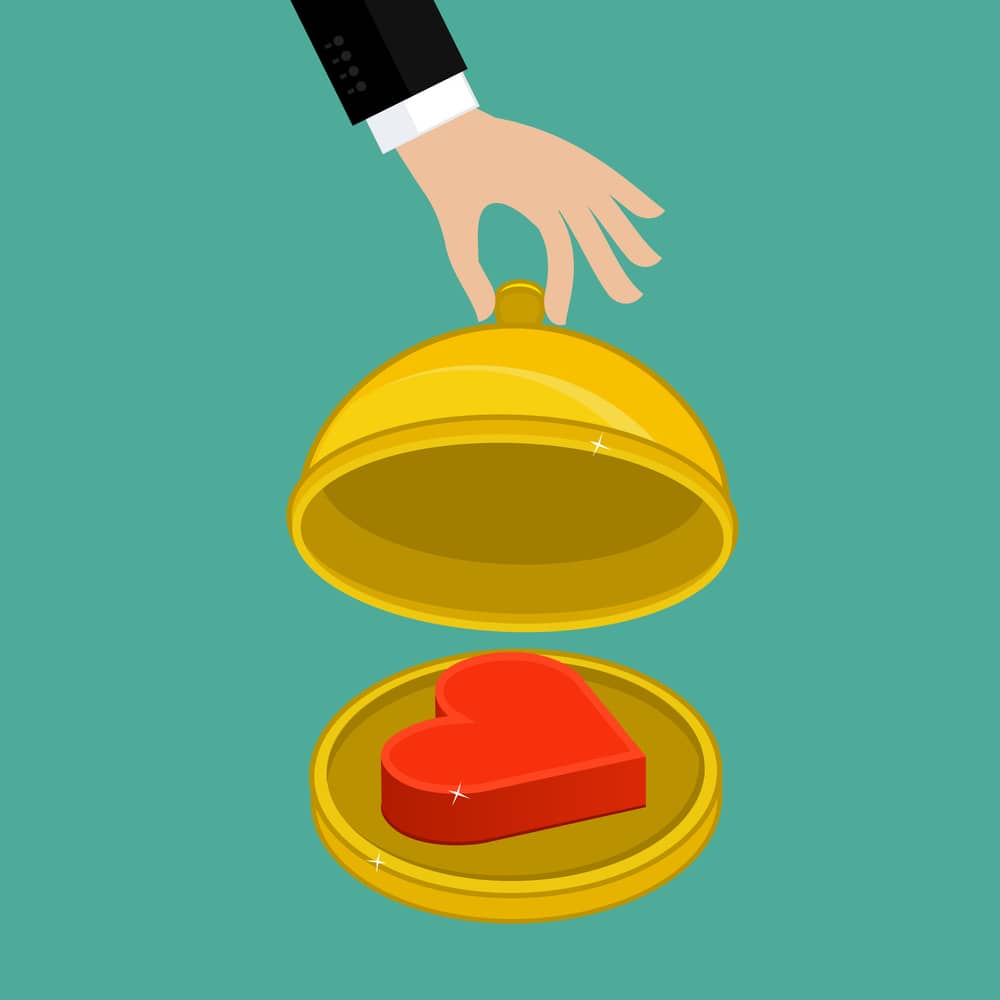Everyone makes mistakes, it’s only human after all. When starting a new venture or freelance journey, you are bound to discover things you could have made better. The secret is to learn from the mistakes you make and try not to repeat the errors.
Making mistakes while freelancing can be very expensive. If the mistakes keep occurring, not only is it draining the emotions, your pockets may start to feel lighter as well.
Table of Contents
Freelancing is not about people
Whether you are working from that spare room in your house, or local coffee shop; try to meet people. If interactions are done in person, on-camera or on the phone; your relationships are more likely to become stronger, resulting in more work.
Treat everyone with kindness and respect and don’t forget people, even if they don’t treat you with the same courtesy. Everybody should be treated with kindness. Jobs will come from acquaintances you meet down the line. Burning bridges before you meet new clients can make finding clients and retaining them challenging. Reputation is one of the most important factors to consider when freelancing and should never be downplayed. Humans are social animals!

I don’t need to outsource, I can do it all myself
Some people think that sole traders have to do everything solo…Wrong. If you get too much work or you need a break, outsource. Working too hard may result in burnout!
Outsourcing a great way to expand your business, meet other professionals in your field, and even take that holiday you deserve.
Freelancers can be found in so many places. I have great success in finding freelancers through Upwork; the transparency of the platform, allows you to read the comments that their past clients have left and view their work before you decide to contact them.
I love my craft, money doesn’t matter
Know the value that you bring to the table or some clients will try and exploit your skills and devalue for their own gain. Research and ask peers and mentors what they think. What is a fair hourly/day rate for your experience level? If you start too low, it will be hard to increase your rates for that client later on and if you are known as a cheap designer clients will want to utilise more of your time because it’s on promotion. You’ll only attract the kinds of clients who don’t value design and what you have chosen to do as a career.
I’ll work for free when promised exposure or more work
The promise of exposure or more work rarely happens when working for free. This is just a play to get you through the door on the cheap.
To help negotiate a better rate for the work you produce or the service you provide, justify the value you bring to the organisation
My client would not do that…
With time and experience, it gets easier to spot difficult clients. You know, the ones you wish you’d never taken on. Here, we’ll share a few red flags so you can spot the potential troublemakers.
Good, Fast, Cheap? (You can choose two of the three but never all at once?)
Fast and cheap is never good. These clients don’t value your skills, and you’ll hate yourself for working on them as you may not be happy with the end result.
Is your time respected? Don’t spend an entire day travelling to somebody’s office and back to have a meeting, unless you’re 100% sure the job is going ahead, the meeting is necessary and you are invoicing all expences. Time is important, once it is gone, you cannot get it back.
Am I too naive?
Excessive flattery or clients who promise you the world usually just enjoy speaking. Son’t take them too seriously and steer towards professionalism rather than personal critism.
If you find a good client who is generally nice, listens, compromises, gives you some creative freedom and pays on time, hold on to them tight. They are priceless!”
I don’t need a contract
Contracts are important in case anything goes sour. Also, ensure you get at least a 50% upfront non-refundable deposit in case things go wrong, anything can happen in the current climate that we are living in. Who would have thought there would be a medical pandemic and war on European soil in 2022!
Business insurance is a must. Every freelancer should at least have indemnity. A good policy will cover you for late/non-payment of invoices.
Don’t save for tax
When you register as self-employed and set up as a sole trader, you’re now responsible for paying your own tax for the year before. In the UK, tax is due each January. Right after Christmas. Perfect.
Undercharge for new projects
It’s so easy to underestimate how long a project will take. Remember that you need to cover your holiday, sickness, equipment, admin and more in your price.
Additional work should be invoiced accordonily and new contracts should be formed with a revised hourly/project rate which is a truer valur.
Never over-promise and under-deliver. It’s easy to big-up what you can do just to secure the job with client expectations which are impossible to meet.
Stop talking to clients
Always over-communicate, especially when you realise you need more time to hit a milestone or get sign-off. Clients appreciate consistent updates and will likely be more forgiving if you are honest and transparent with them.
Clients want to know what’s going on. Keep them in the loop; don’t put your head in the sand, instead pick up the phone.
Also, apart from talking profeshionally, add some personality in the mix to show you are human afterall.
Work comes to me
Having an existing network is a privilage, but don’t always rely on existing clients. Meet new people and make new connections.
Go out and pitch yourself and the service you provide. It can feel unnatural in the beginning but after a while, like everything in life, it get’s easier. Practice makes perfect.
Pitching is character-building and will improve confidence as well as self-esteem.
No project too big
It’s always tempting to say yes to massive, lucrative projects that you know pays massivly. But, how will you feel about it on a few weeks or months from now, you’ve not been able to deliver and you have used so much time.
Clients will trust what you preach and are paying you to do a good job. If you can’t do that, don’t take the job on as it will not only dent your reputation, it will cost the company time and money. Sometimes it better to say no.
Focusing on what you’re good at and want to be doing, as opposed to everything you ‘can’ do is a better life choice and will provide more happiness and less stress.
I don’t need sleep
A good rest plays a vital part to a healthy life and freelancing career. Fear of losing a client or missing a deadline shouldn’t stop you from taking time off or sleeping/eating well. If you die, you can’t work!
Times can get tough, but don’t burn yourself out. Mental health comes first. Plan your time, and you’ll eventually find your own rhythm that benefits you and those of real importance.
A good chair and regular breaks are also paramount for a healthy freelancing career. Here are some exercises that you can do from your desk!





